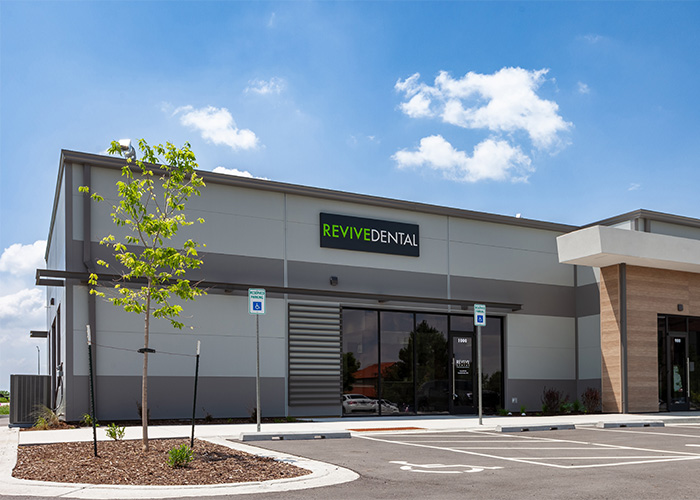Can Bad Breath Be Caused by Dental Hygiene?
In the quest for fresh breath, many of us turn to mints, chewing gum, or mouthwash. But did you know that these are often temporary fixes to a problem that might originate from something as basic as our dental hygiene routine? Explore how bad breath, also known as halitosis, can be closely linked to dental hygiene practices.
Understanding Bad Breath
Bad breath is a common problem that can cause significant discomfort and social embarrassment. While various factors, including diet, health conditions, and habits like smoking, can contribute to bad breath, poor dental hygiene remains a primary culprit.
The Role of Dental Hygiene in Halitosis
- Bacteria and Plaque Buildup: Our mouths are natural habitats for bacteria. When dental hygiene is neglected, bacteria accumulate and feed on the food particles left in our mouth, leading to foul-smelling waste products. Regular brushing and flossing help remove these bacteria and their food sources, reducing bad breath.
- Tongue Cleaning: The tongue, especially the back part, can harbor bacteria and food residues that contribute to bad breath. Cleaning your tongue as part of your dental hygiene routine is crucial.
- Gum Disease: Poor dental hygiene can lead to gum disease, which is another common cause of bad breath. The bacteria responsible for gum disease produce sulfur compounds that have a foul smell.
- Dry Mouth: Saliva plays a key role in cleansing the mouth and removing particles that cause bad odors. Inadequate dental hygiene can exacerbate dry mouth conditions, leading to bad breath.
- Decaying Teeth and Cavities: Neglected dental hygiene can lead to tooth decay and cavities, which are breeding grounds for odor-causing bacteria.
Combating Bad Breath Through Dental Hygiene
- Regular Brushing and Flossing: Brushing twice a day and flossing daily can significantly reduce bad breath by removing the bacteria and food particles that contribute to it.
- Hydrate: Drinking water regularly can help maintain saliva flow and reduce bad breath.
- Regular Dental Checkups: Regular visits to the dentist are crucial. Dental professionals can detect and treat periodontal disease, dry mouth, or other issues that might be causing bad breath.
- Lifestyle Changes: Quitting smoking and limiting foods that contribute to bad breath (like onions and garlic) can also help.
In many cases, improving dental hygiene can effectively combat bad breath. It’s about more than just brushing; it’s about adopting a comprehensive dental care routine that includes brushing, flossing, tongue cleaning, and regular dental checkups. At Revive-Dental, we understand the impact of bad breath on your daily life and are here to help you achieve not just fresher breath, but overall oral health.
If you’re struggling with persistent bad breath, don’t hesitate to reach out to us. Together, we can identify the cause and develop a personalized plan to freshen your breath and improve your oral hygiene.
